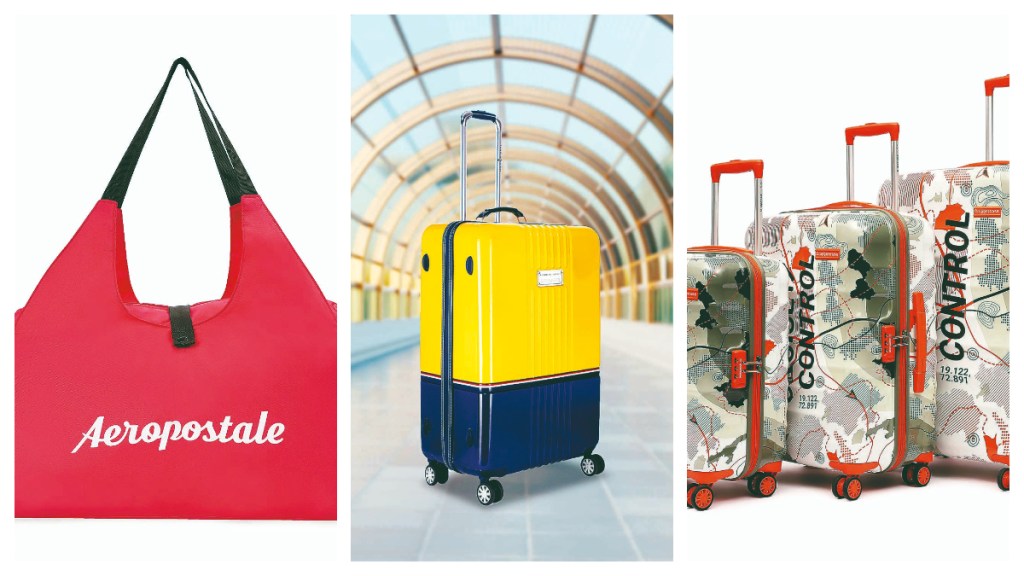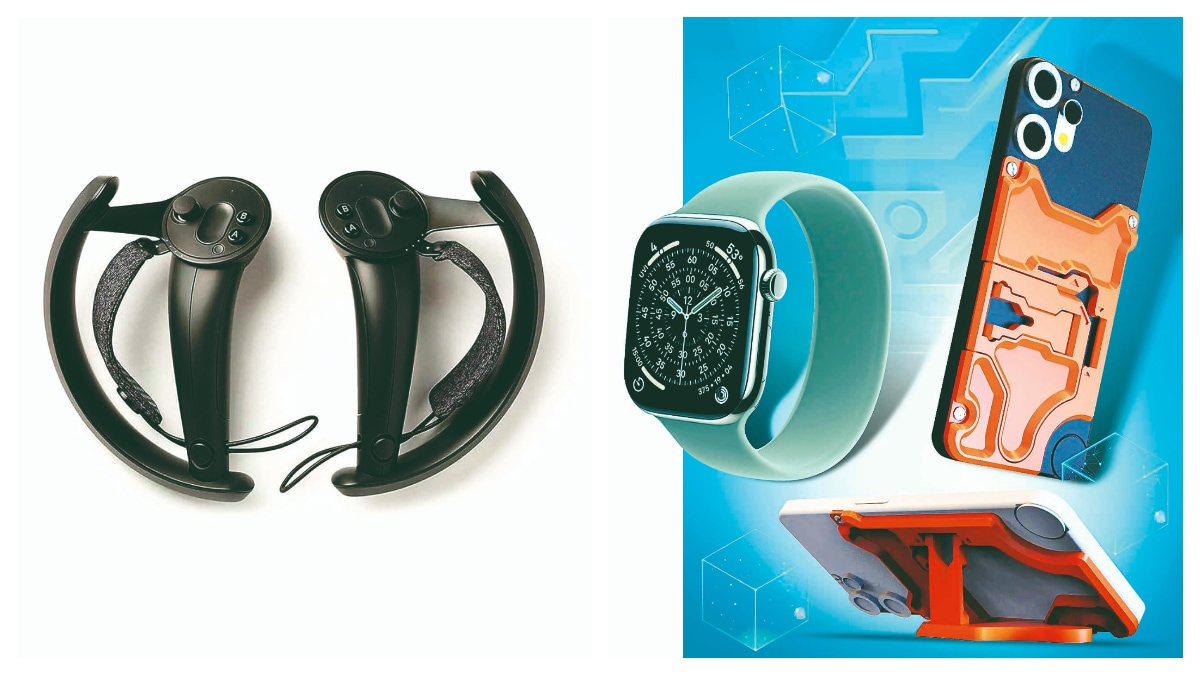You are packing your bag for the next beach holiday, but you want a piece of luggage that is made of water-repellent materials. Since it’s going to be a touristy place, you also want the bag to have anti-theft compartments, not to forget features like USB ports for your constant charging needs and spinner wheels for the rough Indian roads. Enter the new world of luggage—from stylish suitcases and tech-smart backpacks to lifestyle-driven accessories, mobility now has a new face.
Today, luggage in India sits at the intersection of fashion, function, and aspiration. Riding on the back of booming domestic travel, rising disposable incomes and a design-conscious younger generation, the industry is now becoming all about innovation and intent.
The transformation is visible across price segments. While the mass market (products below Rs 4,000) still constitutes around 60% of sales, there’s a clear shift towards premiumisation, fuelled by changing consumer habits, social media influence, and the growing air travel.
The aspirational consumers, like millennials and Gen Z, are travelling more frequently, posting their journeys online, and viewing luggage as part of their lifestyle narrative. In this context, a bag isn’t just about packing anymore—it’s about expressing identity, showcasing taste, and supporting seamless mobility.
“For today’s consumer, a backpack or suitcase is more than just a travel need, it’s a fashion accessory and status symbol. We see strong demand for products that combine design, functionality, and premium feel,” says Ujjwal Sarin, founder of wear-tech brand Nu Republic, which recently entered the travel accessories segment to include smart backpacks, audio wearables, and international travel accessories. Their products are targeted at millennials and Gen Z consumers, who travel frequently and shop online.
Digital-first disruptors are leading the charge. D2C brands like Mokobara, Uppercase and Escape Plan are delivering what legacy players long dominated, but with the agility and branding savviness of startups. Key features like spinner wheels for rough Indian roads, anti-theft zippers, USB ports, and multi-pocket interiors are now baseline expectations.
“We entered the market during the travel revival wave this year in May when leisure, work and student travel were all bouncing back. Consumers don’t just want durable luggage, they want gear that matches their travel lifestyle and tech needs,” says Abhinav Pathak, founder and CEO of Escape Plan. The brand hit a Rs 100-crore annual recurring revenue within its first three months.
Escape Plan’s product lineup includes lightweight hard-shell trolleys, smart backpacks, travel organisers, and even tech-friendly accessories, all tailored to Indian travel realities.
“Social media and the ‘airport look’ trend have made stylish travel gear aspirational. Our customers want coordinated sets, vibrant colours, and designs that reflect confidence,” says Pathak.
Meanwhile, travel and lifestyle gear brand Uppercase offers products specifically for the fashion-forward, socially-active new-age customer while sharing their concern for the planet. It converts recycled plastic bottles into premium yarn and recycled mobile cases into durable polycarbonate for hard luggage.
“These material innovations ensure that our products are lightweight, robust, and safe for the environment. This approach is resonating strongly with Indian consumers, and we’ve seen our sales in India steadily rise,” says Sudip Ghose, founder and MD of Uppercase, which currently owns 32 stores and plans to increase the number to 100 soon.
Shifting gears
Legacy brands aren’t taking this disruption lightly. Giants like VIP, Samsonite and Safari are capturing market share across mid and premium tiers, and doubling down on product innovation, digital distribution, and new sub-brands to retain relevance.
VIP, through labels like Skybags and Carlton, is investing in curated seasonal collections and influencer collaborations to appeal to style-savvy millennials. Safari, once known primarily for mass-market affordability, has in the past two years, been climbing the value chain with Safari Select and Urban Jungle, targeting urban professionals and aspirational youth. Safari, in particular, has had a strong run with 36% CAGR between FY22 and FY25, and is expected to maintain 16% revenue CAGR between FY25 and FY28, as per reports. VIP is forecasted to clock 73% EBITDA CAGR over the same period.
Even lifestyle brands are joining the fray. Brand Concepts, which holds the India licences for Tommy Hilfiger travel gear, United Colors of Benetton (UCB) luggage, and Aeropostale, is leveraging fashion-first branding to penetrate the premium luggage segment. While trolley demand remains competitive, strong traction in categories like backpacks, leather goods, and women’s handbags has helped drive steady growth.
“Tommy Hilfiger’s local manufacturing unit is a strategic shift. By manufacturing locally, we enhance cost efficiency through reduced import duties and logistics expenses. These savings are passed on to consumers, enabling more competitive pricing while upholding our high-quality standards,” says Abhinav Kumar, co-founder, Brand Concepts, which has also launched ultra-premium brands like Off-White, Juicy Couture, and Superdry to strengthen the brand’s positioning.
Weddings, wellness & more
Interestingly, weddings, a major seasonal cycle in India, are emerging as a powerful luggage demand driver. Over 4.8 million weddings took place in November-December last year, and the ongoing season is expected to see a 20% increase in auspicious wedding dates, triggering predictable surges in luggage sales. “Matching sets for wedding travel, luxury duffels for destination ceremonies, compact organisers for trousseaus, it’s all part of the new luggage landscape,” says Pathak.
The wellness tourism and workcation trends have also contributed to greater luggage demand. Modular designs, smart compartments, and organiser kits are increasingly appealing to travellers who combine business, leisure, and wellness in a single trip.
Functional sports gear brand Decathlon is seeing 12-15% y-o-y growth in its travel retail segment. “The past year has witnessed a significant surge in demand for travel retail, with more consumers eager to invest in products that make their journey comfortable, functional, and stylish. Compared to last year, brands across the sector are seeing accelerated momentum, reflecting both a rebound in travel and a shift in consumer expectations,” says Anupam Saurav, brand leader, outdoor sports, Decathlon India.








